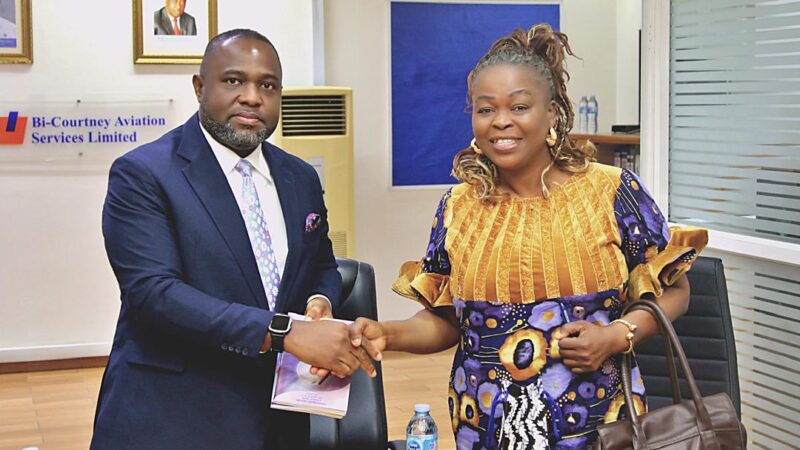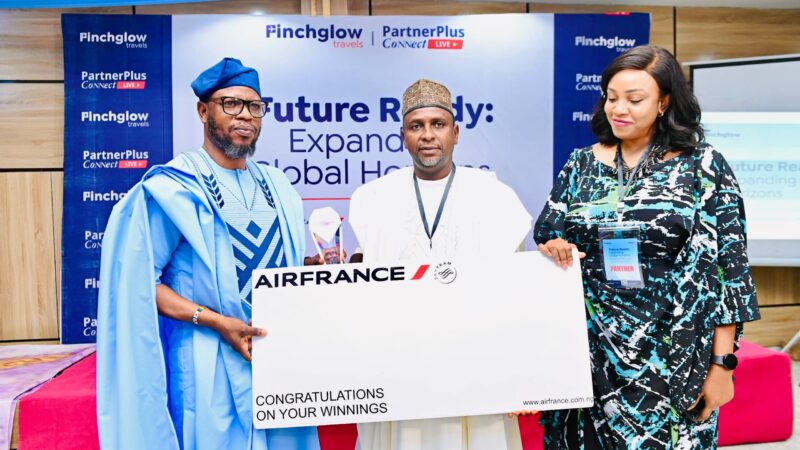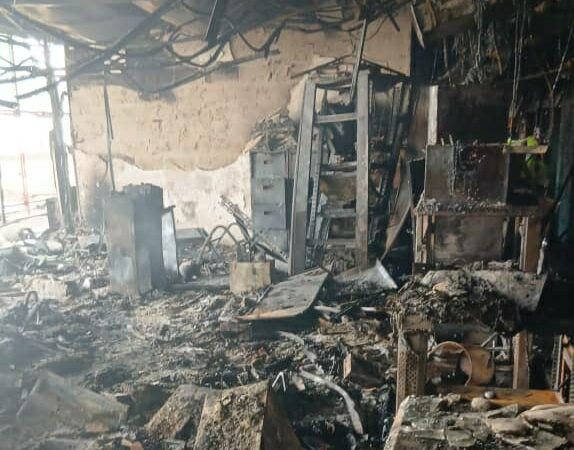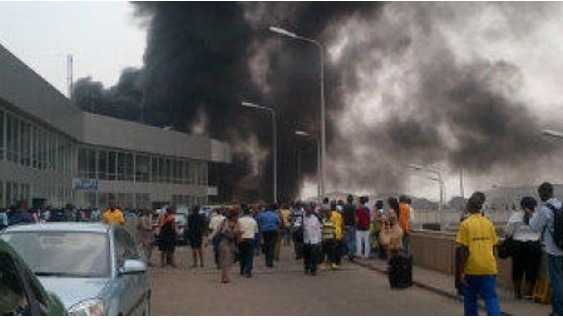NiMet, NCCC Forge Stronger Ties to Combat Climate Change in Nigeria
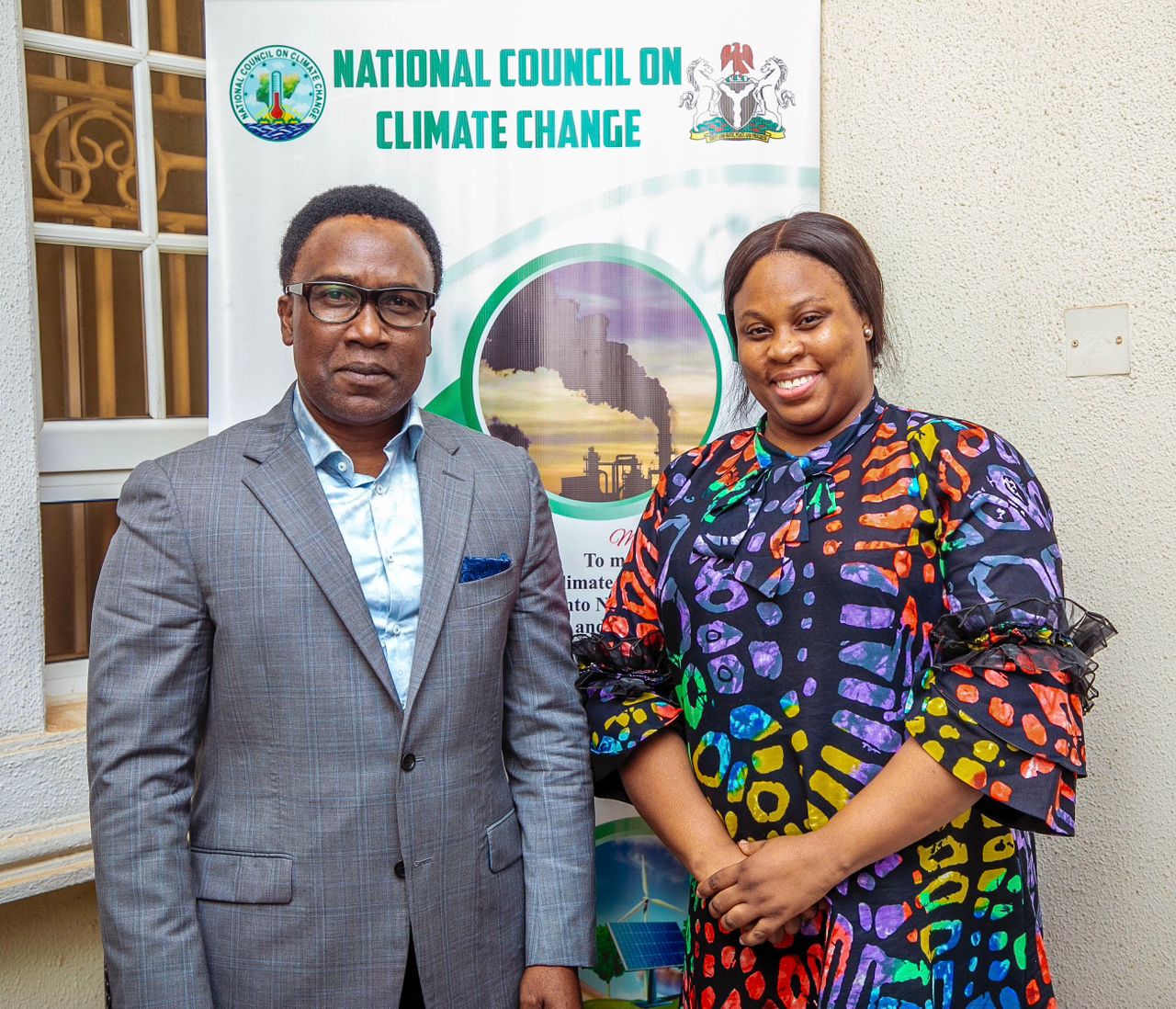
The Nigerian Meteorological Agency (NiMet) and the National Council on Climate Change (NCCC) have announced a reinforced partnership aimed at intensifying climate action efforts across Nigeria.
This decision was reached during a pivotal meeting held at the NCCC headquarters in Abuja, where top officials from both organisations pledged to collaborate more closely on various climate initiatives.
The meeting, which took place on Tuesday, 20th August 2024, brought together the Director General and Chief Executive Officer of NiMet, Professor Charles Anosike, and his counterpart at the NCCC, Dr. Nkiruka Maduekwe.
The leaders highlighted the importance of synergy between the two agencies, especially in addressing the nation’s climate challenges and enhancing Nigeria’s global standing in climate-related matters.
Professor Anosike underscored the significance of this collaboration, stating, “It is in the best interest of our nation and both agencies that we work closely together. There are numerous areas where our partnership can flourish, and the World Meteorological Organisation (WMO) will certainly welcome this cooperation. The data held by NiMet is essential for climate change adaptation, mitigation, and education.”
He went on to explain the critical role NiMet plays as the custodian of over a century’s worth of climate and meteorological data, which is vital for monitoring and understanding climate trends.
“Without observing the atmosphere, gathering data, and providing the country with weather and climate information, monitoring the climate becomes impossible,” Anosike added.
Among the key initiatives NiMet is currently advancing, Professor Anosike highlighted the national rollout of the United Nations Early Warnings for All (EW4All) initiative.
This programme aims to develop a comprehensive roadmap ensuring that warnings of all multi-hazard hydrometeorological events reach vulnerable populations nationwide.
Additionally, NiMet is spearheading the National Framework for Climate Services (NFCS) and working on domestically adapting the WMO Global Framework for Climate Services (GFCS).
“Our annual seasonal climate prediction is a crucial early warning tool for national climate action. We invite the NCCC to join us in disseminating this information across the nation as we move forward,” Anosike urged.
In response, Dr. Nkiruka Maduekwe praised NiMet’s contributions to climate action, emphasising the global relevance of their work.
She noted, “Climate change refers to changing weather patterns and climate conditions. By understanding these changes, people began to grasp the reality of climate change. This is why NiMet is vital to all our efforts as a country.”
Dr. Maduekwe also addressed the challenges faced in agriculture, particularly the unawareness among farmers regarding altered rain patterns.
“One of the challenges we are facing in agriculture is that farmers are not aware that rain patterns have changed. That’s why NiMet’s role is so critical. There is much work to be done, and we must all work together, involving all stakeholders,” she stated.
The meeting also explored other areas of potential cooperation, including contributing scientific expertise to activities related to the United Nations Framework Convention on Climate Change (UNFCCC), the Intergovernmental Panel on Climate Change (IPCC), and the Conference of Parties (COP).
Both agencies are committed to ensuring that Nigeria’s Nationally Determined Contribution (NDC) is reviewed and updated effectively, reflecting the nation’s commitment to combating climate change.
This strengthened alliance between NiMet and NCCC marks a significant step forward in Nigeria’s efforts to address climate change, as the two agencies work hand in hand to safeguard the nation’s environmental future.



